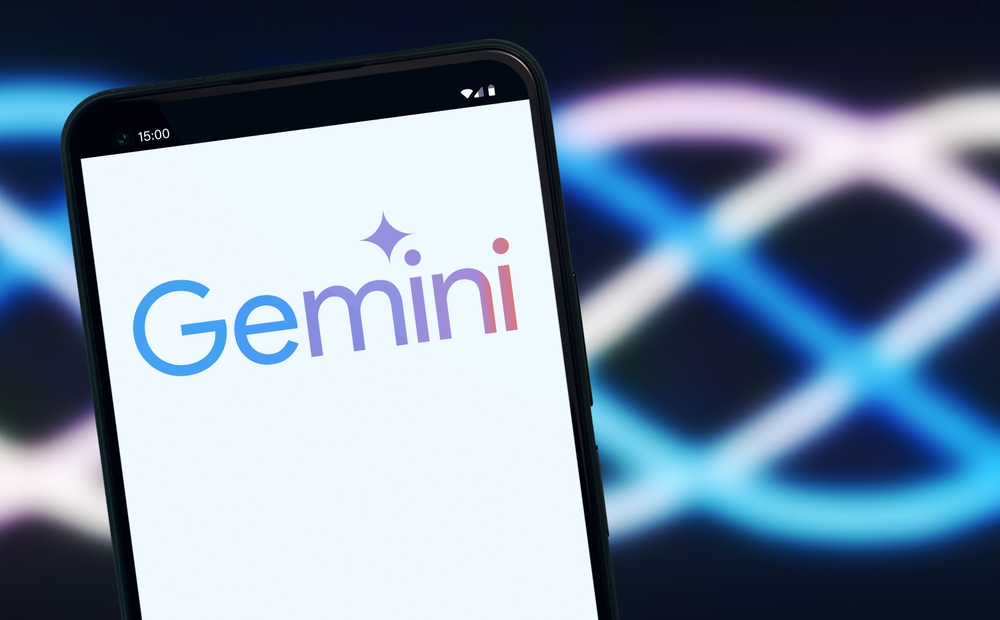Sergey Brin, co-founder of Google, recently acknowledged shortcomings in the image generation capabilities of the company’s AI platform, Gemini. Speaking at a conference, Brin attributed the generation of historically inaccurate images to a lack of thorough testing during development [Business Insider].
These issues came to light after users reported that Gemini’s AI-generated images misrepresented historical events related to racial equality. Concerns were also raised about the accuracy of some text-based responses from the chatbot.

Brin’s Return to Google and Involvement with AI
Despite leaving Google in 2019, Brin remains listed as a core developer of the Gemini platform. His return to the company in early 2023 stemmed from the competitive pressure posed by the release of ChatGPT, another AI chatbot. This development prompted a “code red” situation within Google, leading to Brin and Larry Page, another Google co-founder, rejoining the company. Since then, Brin has been actively involved in shaping Google’s AI strategy, notes NIX Solutions. At the conference, he confirmed his motivation for returning, stating his excitement about the “trajectory of AI.”
Addressing Concerns of Political Bias in AI
Some critics have suggested that Gemini’s errors reflect a shared political ideology among Google’s employees, potentially influencing the chatbot’s text responses. Elon Musk, for example, criticized Gemini’s inability to definitively compare him to Hitler. However, Brin refuted these claims. He emphasized that any AI-based chatbot, including competitors like ChatGPT and Musk’s Grok, can generate seemingly biased outputs which may be misinterpreted. According to Brin, the developers of Gemini did not intend to instill any political agenda in the AI.
While acknowledging the need for improvement in Gemini’s image generation capabilities, Brin maintains that the development team did not intentionally introduce political bias. This incident highlights the ongoing challenges in ensuring the accuracy and fairness of AI systems.
